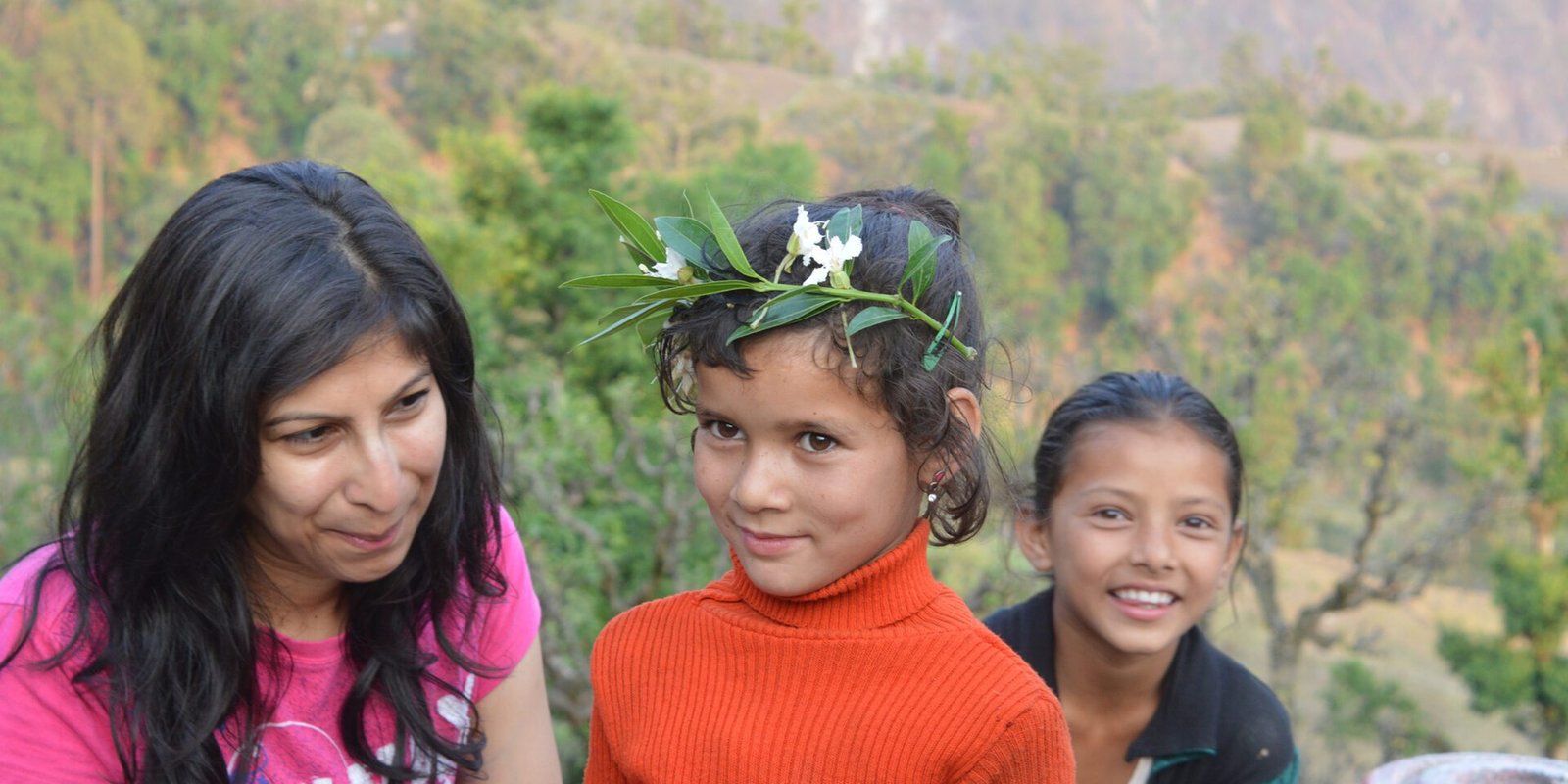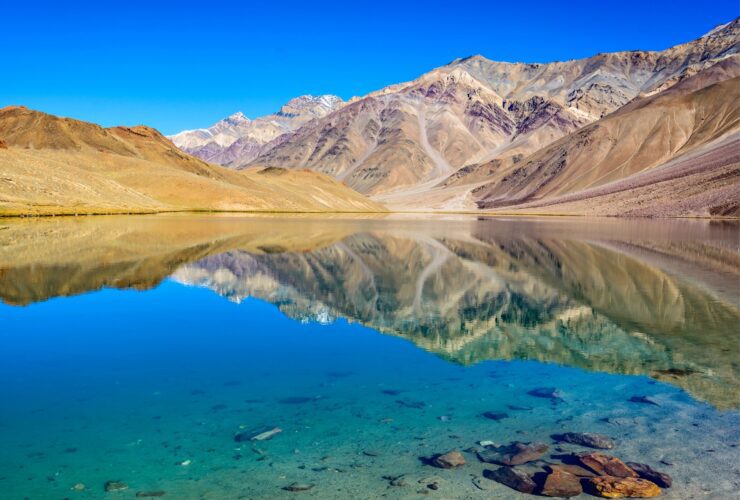What is Responsible Traveling?
As the name suggests, responsible traveling or responsible tourism means that the travelers and destination makers are responsible towards their way of traveling/operating so that only good can be left through tourism. In last few decades, tourism has overloaded the destinations with irresponsible practices resulting in spoiling the environment, culture, and local economies. Internet is full of cases where naturally and historically important places have changed drastically and almost damaged by visitors. The joy of canoe rides in Alleppey backwaters is reducing by the unwanted companionship of plastic bottles floating in the water. There are so many destinations where tourism in the name of providing employment to locals have only provided them low paying subordinate positions in hotels and resorts, etc. and hence not injecting ethical money into local economies. Indigenous Tourism in Andaman and Nicobar has led to the children of Jarawa tribe the addiction of cigarettes which are offered to them by visitors and women dancing naked as tourists offer a lot of money to tour operators to visit and witness such ethnic groups.
We don’t want to spoil the places who often give us memorable and great learning experiences just by staying unaware, right? It becomes the responsibility of both, visitors and destination makers, to adopt a few practices to minimize their negative impact on a place. Let’s have a look at some of the practices that doesn’t take much effort in making us a responsible traveler. Icing on the cake is that such practices are good for us as individuals in terms of money, safety, health, and enjoyment.
Responsible Traveling Practices
Our traveling practices mainly impact three pillars of a destination – Environment, Socio-Cultural, and Economy of a place. Let’s discuss responsible traveling practices in each area for a better understanding.
Environment
1. Do you see the dumps of plastic water bottles in the Himalayas and get annoyed? These bottles are the result of our activity only as most of us throw them anywhere. Even if we dispose them properly in a dustbin, our job as a responsible traveler is not done completely. Because every place, especially remote areas, doesn’t have a proper waste management system. Carry a water bottle which can be refilled again and again. It’s manageable, trust me! I have been doing that for over a year. It’s not just good for environment but saves you money and good for health too as plastic releases toxic elements into the water as soon as it’s heated by sun rays.
2. There are plenty of touristy places which have water scarcity. For example, Spiti Valley in India is a cold mountain desert facing the shortage of water. Many people in rural areas over there use dry toilets instead of wasting water in flushing the human waste. They allow the excreta decompose only to use it as manure later in the farming. If you have to use a dry toilet as a part of your stay program, use it without complaints. Respect their way of living at such places. Try not to take a bath everyday or wash your underwear. Don’t place a request to change your bed sheets/linens and towels in your hotel/homestay as long as you don’t feel the need to change them.
3. If you are staying in a forest area or a protected area, be careful not to enter the prohibited/ restricted entry areas. It might not only disturb animals during their mating or sleeping hours, but it could also pose a danger to your life. Also be aware of the fact that playing music on speakers or DJ in close vicinity to forests disturbs animals and change their natural behavior.
Socio-cultural
4. Make sure to read a bit about the culture, languages, forests, cuisines, do’s and don’ts of a destination before you visit so that you aren’t too alien to the place. It gives natives a sense of respect to see your interest in their culture and lifestyle. Also, they would go an extra mile to help you satiate your curiosity about the destination or offer their best of best in making your trip a memorable experience to their land.
5. When you are staying in a homestay with a family, don’t expect a room service. Don’t expect to have your meal while watching TV or while working on your computer. Homestays are a great opportunity to learn about the culture of the host. For your host family, tourists like you are a window to the outer world. Won’t it be soul satisfying to sit in their kitchen or living room to have a meal with them while sharing stories? Love and respect matters more than money.
6. We all love portraits of different humans exhibiting different emotions and wearing different clothes especially tribal people or people in rural destinations. We often click them without their permission. Do we ever think that how would we react if someone takes our photo without caring for our consent? Similarly, natives of a place aren’t objects either. They would happily say yes if ask for their authorization and if someone says no, respect it. Show them the photo in their camera to see that priceless smile on their face. Try mailing these photos sometimes to them to add up as a beautiful memory in their life.
7. Have you ever been in a situation where you found a lot of kids asking for chocolates or cash while traveling? Yes? Either we give them what they want or get annoyed. These kids have become annoying only because tourists like us have lured them with useless fancy stuff in exchange of some information or cute photos. It encourages begging economy. If we really care, we should share a skill, story or a book with them that would broaden their horizon of thinking. Introduce them to the technology by letting them touch your camera or phone. Just like I mentioned above, you are their window to the world.
8. Dressing inappropriately is one of the most common reasons to annoy residents of a place. Hence, do research on dressing norms of a place before you visit. There could be a religious place where you should enter with your shoulders and head covered or there could be a conservative neighborhood where wearing shorts might put people in discomfort. After all, as a responsible traveler, we don’t want to offend those who make the place!
9. Please don’t take your driver or guide for granted and don’t expect them to be at your service 24/7. Respect their working hours and try to finish your tour every day on time. Don’t bother your driver to drive you to downtown for dinner if your hotel is in a remote area after he has taken your leave for the day. They too have a personal life and they won’t be able to serve us in their best the next day if we won’t allow them to have their own time the previous day.
Economic
10. Try to stay in homestays or guesthouses run by locals instead of a fancy hotel run by a rich owner. It will help the income from tourism distribute evenly and support the local economy in a sustainable fashion. Icing on the cake is the wonderful hospitality and freshly homemade food in homestays while being a responsible traveler.
11. It’s tough to get all information from internet when we travel to rural and offbeat areas. Try hiring a local guide who can share a lot of local information, folktales, anecdotes, cultural experiences, contacts, can take you hiking to remote peaks and make you a tea in jungle. This won’t only act as an economic support to him but it will also give you access to lot of hidden gems to the place and enrich your soul with the great knowledge.
12. Instead of buying souvenirs from big showrooms, try to buy them directly from an artisan. It will bring them ethical money which is rarely given to them by any wholesalers and it will also give you a good quality at a cheaper price than a showroom. A win-win situation for both the parties!
13. We all are so used to carry packed junk food with us to munch on them or sometimes even cup noodles as a replacement of a fresh meal while traveling. Develop a habit of eating at local joints instead of munching on packed food. Apart from supporting a local business, it’s good for our health as well. Of course it’s alright to carry packed food for emergency situations but don’t make it a habit.
These are some of the tips which can make a big impact in long run while not making any big changes to our traveling regimes. Trust me, responsible traveler also means a happy traveler. It means someone who is sensitive while being open to new experiences and adventures. A responsible traveler shares a friend-like-relationship with the places he/she visits – giving and taking for mutual benefit with utmost love and respect; and leaving an overall positive impact on the places we explore by supporting the local communities.
Would you want to add some more practices to be followed by responsible travelers in comments section?




I always like to go villages, meet new people, experience the diverse culture, have some leisure time from regular day to day life, taste different cuisine, bt the problem is i dont get companion, friends make joke of me and i dont get courage to travel solo, many times i tried bt failed. It is nice to see u travelling and sharing the experience. If it is possible let me to a trip with u, like to learn the art of solo travelling. I want to fly high bt dont have courage to do alone.